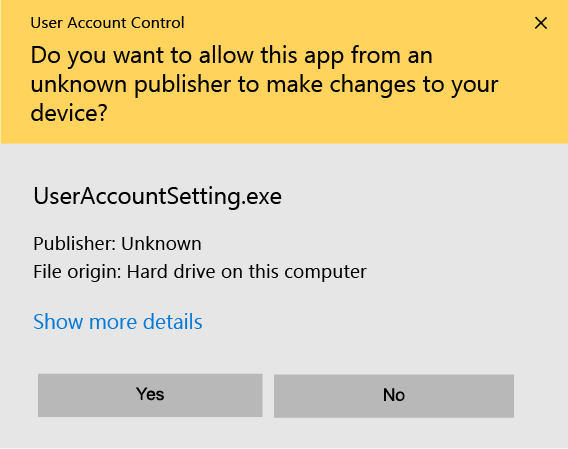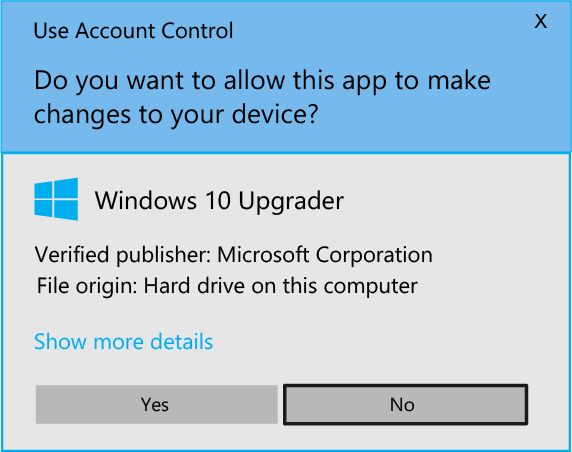How to Digitally Sign Java Software with Code Signing Certificate?

Java is a general-purpose, object-oriented programming language to build high-level software applications. It offers Java Runtime Environment to build desktop, web, and mobile applications. However, these applications can be an easy target of hackers and malicious actors if they are not secured with Code Signing Certificates.
As a genuine software developer, it’s vital to prove your identity and prevent or reduce any security warnings while users install your software. That’s where the Java code signing certificate comes in. It’s designed to help developers prove their trustworthiness and safeguard their users’ devices from cyberattacks.
The only way to do so and eliminate the unknown publisher warnings, you’ll need to digitally sign Java software and all the JAR executable files. By doing so, the certificate gives users surety that the software code has not been modified or altered since the issuance by trusted certificate authorities.
Thus, obtaining a code signing certificate has become crucial for Java development companies. Before we get into how you can get one for your Java software, let’s understand what a Java Code Signing Certificate is.
What is Java Code Signing Certificate?
Java code signing certificate is designed for digitally signing and securing all Java-based software, applications, and executables. The hashing functionality inside the certificate provides assurance of the software code’s integrity.
Without the certificate, the intended operating system will display an unknown publisher warning whenever users try to install your software. The OS will alert users that the software is from an unauthorized and unauthenticated source that can compromise their data.
Here’s how the warning looks:

But once you digitally sign Java software, the OS will show the verified publisher tag with the company name as seen in the image below:

This leaves a huge impact on users’ choice to not install software without a code signing certificate. Thus, it has become mandatory for Java publishers to obtain and integrate the said certificate into their software for a higher install rate.
How to Obtain Code Signing Certificate for Java Software?
You can get a code signing certificate for your Java-based software applications from renowned certificate authorities like Sectigo or Comodo. Alternatively, you can get a Java code signing certificate from reliable distributors that source and sell the same certificates at an affordable rate.
Regardless of where you purchase and digitally sign your software, the authorized CA will require you to undergo a validation process. This thorough validation helps CA verify your business’s legitimacy and check that everything is in order to digitally sign your Java software applications.
After you’ve provided the necessary details and met all the validation requirements, a designated CA will then issue a certificate. Once the certificate is issued from the CA’s end, you can install it on the intended Java application.
How to Digitally Sign Java Software?
Signing your Java application code digitally is not a long process, albeit, it’s quick and can be completed within a few minutes. To perform the code signing for your software, you’ll need the following:
- A private key in the .pvk format which is generated during the certificate application process
- Certificate file received from the certificate authority in .spc. (Software Publishing Certificate)
You can sign your Java application code at any stage before you are ready for publishing. After that, you only need to sign your software’s code each time you make changes or rebuild your application.
Benefits of Using a Java Code Signing Certificate?
Now that we know how you can get a code signing certificate for Java, let’s see some of the benefits:
Publisher Identity Validation
Code signing certificate issuers follow a stringent verification process to vet publishers before issuing the certificate. They have a manual check process for determining the legitimacy of a business through government records and municipal directories.
If that is not satisfactory, they’d ask the publisher for further documents to ensure the genuineness of the company.
Secure Digital Signature
Software developers and publishers can attach a digital signature to their Java software through their private keys. These keys are generated using an unbreakable 2048-bit RSA algorithm, which can’t be modified, copied, or imitated.
Software Integrity
Once the secure digital signature is integrated with the software, the Java code signing certificate will hash the entire code of the application. Due to this, the operating system of a user will generate a different hash value that should be similar to the software’s original hash value.
If some changes are made to the software code or digital signature while it’s in transit, the hash value will also get modified and the user gets a notification about the same. If the hash values remain the same, they are the seal of guarantee for software’s integrity. The hashing function ensures the software is not tampered with by anyone.
Boost Customer Confidence
Digitally signed Java software ensures users that it’s from a legitimate source, which helps boost their confidence in downloading and installing your software. It gives them the guarantee that the software is not compromised and safe for devices they plan to install it on.
Trusted TimeStamping
Timestamping is a feature included in the Java Code Signing Certificate for free of cost. The feature allows Java software publishers to freeze the digital signature with the time and date of the same. Thanks to this feature, your digital signature still remains valid even after the Java certificate expires.
Final Thoughts – How to Digitally Sign Java Software with Java Code Signing
So, here we have presented a detailed guide on how you can digitally sign your Java software or application. While the code signing certificate for Java is issued by trusted Certificate Authorities like Sectigo or Comodo, you can get them at an affordable rate from distributors.
The certificate can cost as low as $199.99/yr to sign unlimited Java apps and JAR executable files using the certificate. The obvious benefit of digitally signing your Java application is your publisher identity gets authenticated, which helps boost confidence and instill trust in users.
Moreover, your software gets high-security standards that safeguard users’ data. Thus, it has become crucial for Java publishers to integrate code signing certificates for enhanced security of their software.
Sign your Software/App Codes & Scripts Digitally with Java Code Signing Certificate starts at $199.99/yr only.
